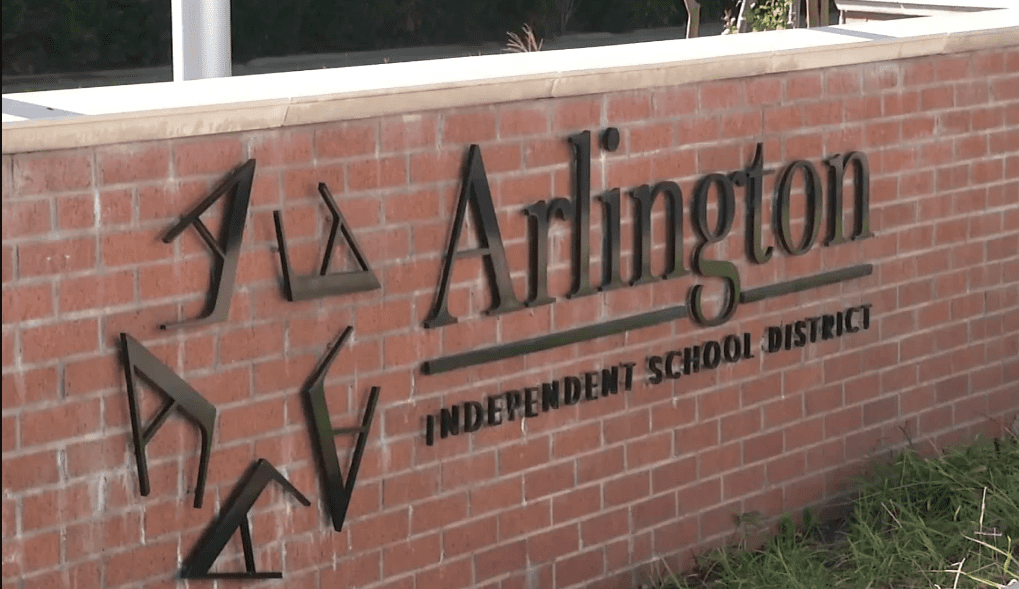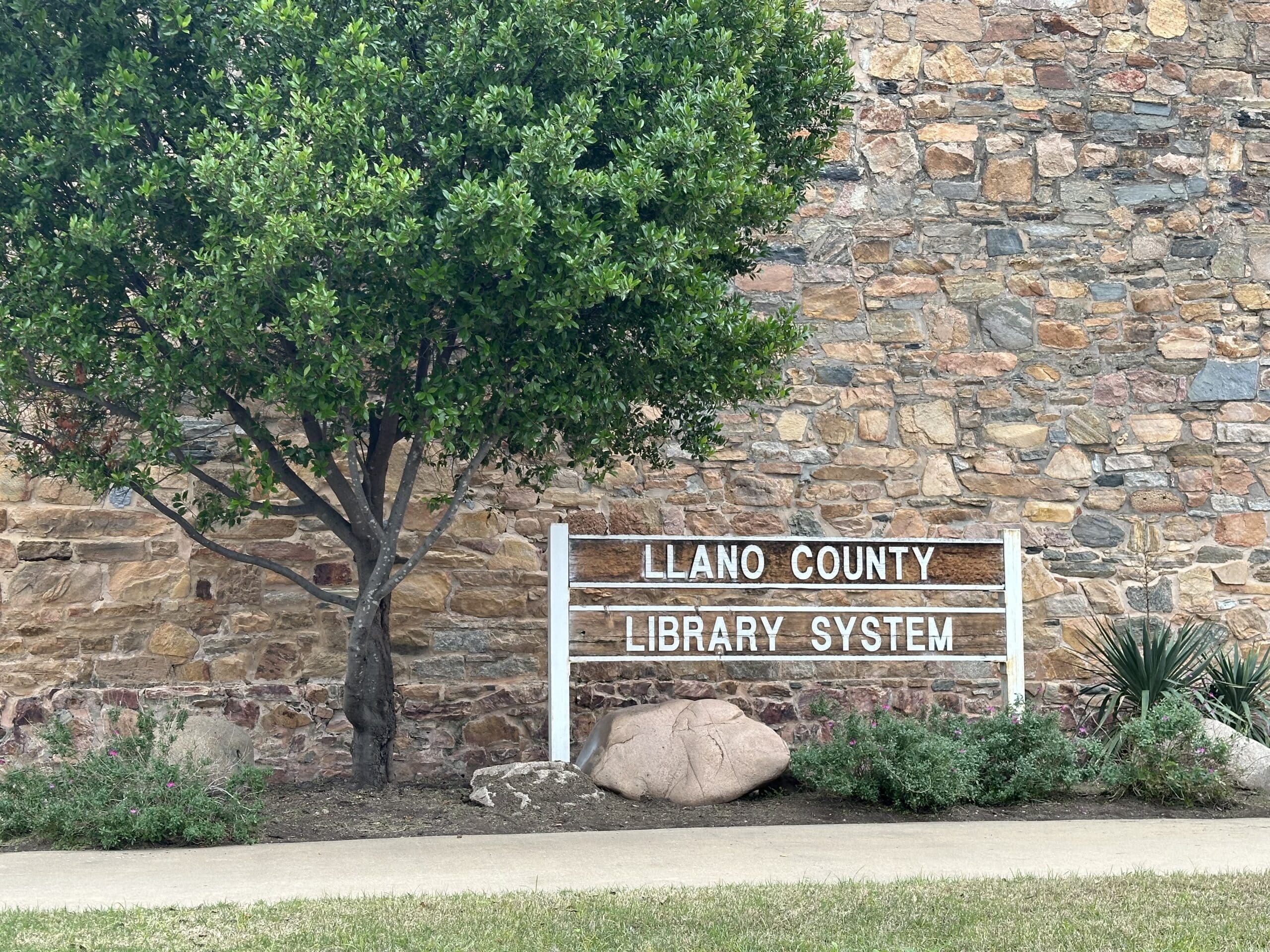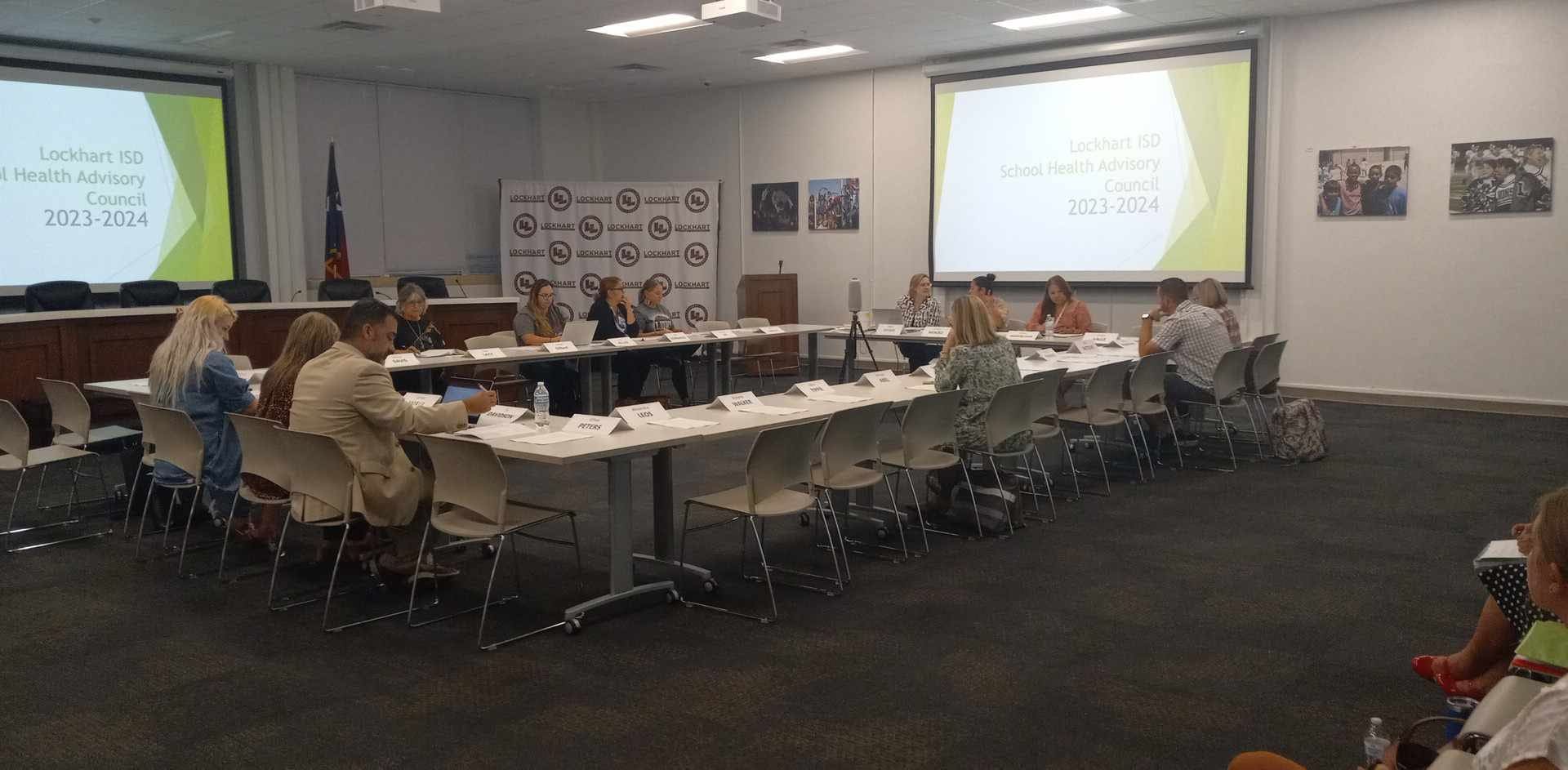A central tenant of conservative school reform has been the introduction of meaningful competition and innovation in education. Tension arises between the need for accountability with tax dollars and a desire to make sure parents have real choices for their kids’ education.
That tension is on full display as the Texas Legislature once again is asked to consider “school choice” legislation. The concept is remarkably popular; in 2012, 85 percent of GOP primary voters supported a nonbonding ballot resolution for school choice. This year it’s a legislative priority of the State Republican Executive Committee after earning 93 percent support from delegates to the 2016 Texas GOP convention. Yet implementation has been stymied for years by beneficiaries of the status quo.
The first priority of education reform must be to do no harm to the healthy, innovative marketplace of private and home schools.
Speaking at a rally on the Capitol steps, Lt. Gov. Dan Patrick directly and correctly blamed the Democrat coalition running the Texas House through Republican Speaker Joe Straus (R-San Antonio) for having blocked school choice and education reforms.
Yet this year new opposition is surfacing from individuals who are usually proponents of parental choice. These folks fear regulations – either hard mandates regarding testing, or soft controls through accreditation schemes – will turn successful, innovative private schools into expensive clones of failed public schools. Put simply, they believe any bill requiring even soft regulation of private schools will inevitably become a Trojan horse to reduce competition and undermine innovation.
In Texas, private schools are unmolested by the government’s education bureaucracy. They are free to innovate without any government restrictions save those common to any public business, such as adherence to fire codes. And homeschooling, which as a matter of law is considered a subset of the private school markets, is unfettered.
By way of background, Empower Texans has long supported all efforts that increase competition without imposing new regulations. The organization’s preferred solution, ignored by the anti-competition left, has been to expand charter schools and allow private schools to easily convert into charters. This would prevent regulation from creeping into the unregulated private school market.
The fears being expressed around the state with the latest legislative attempt to bring about school choice are centered on whispers, rumors and political contributions. That doesn’t mean they are unfounded.
Some legislators are quietly assuring the traditional opponents of school choice that “of course” a school choice measure in 2017 would include testing mandates or accreditation from entities approved by the public-school bureaucracy.
The principal legislative vehicle for school choice – Senate Bill 3, filed by State Sen. Larry Taylor (R–Friendswood) – is light on mandates; it requires, for example, that private schools administer a “nationally norm-referenced assessment” but not the bureaucracy-built test employed by the state. The legislation also stipulates that tuition payments can only go to an entity that has received accreditation from one of several dozen private accrediting agencies.
Meanwhile, State Sen. Don Huffines (R-Dallas) has proposed a state constitutional amendment to explicitly forbid regulation of the “the educational program of a private school or home school in this state.”
None of that gives much comfort to a number of vocal activists at this early stage in the legislative process who see a series of political compromises foreshadowing policy betrayal. They worry, perhaps not unfairly, that some in the Anything-To-Help-A-Child crowd are so eager to get a “win” on school choice that they may be willing to cut a Faustian deal.
In a well-intentioned desire for anything, Austin lobbyists have been employed and thousands of dollars contributed into the coffers of Straus and some of the state’s most vitriolic opponents of school choice.
Some proponents of school choice may be hoping to buy off opposition from the rogues’ gallery of establishment Republicans, but might instead find themselves tied to an ineffective, counter-productive, or even malicious, policy. Anything to help a child, right…?
Let’s not do anything to “help” one child that limits the opportunities of another. Well-intentioned regulation of private schools will restrict the innovation necessary to deliver a quality education as surely as malicious regulation.
Any regulatory scheme that mollifies the adherents of the status quo will, almost by definition, stifle innovation.
Coupled with Gov. Greg Abbott and Lt. Gov. Patrick pushing hard for school choice, 2017 might finally produce the win advocates have long been denied in the Lone Star State. Whether it will actually be a win for all parents and all students remains to be seen.





